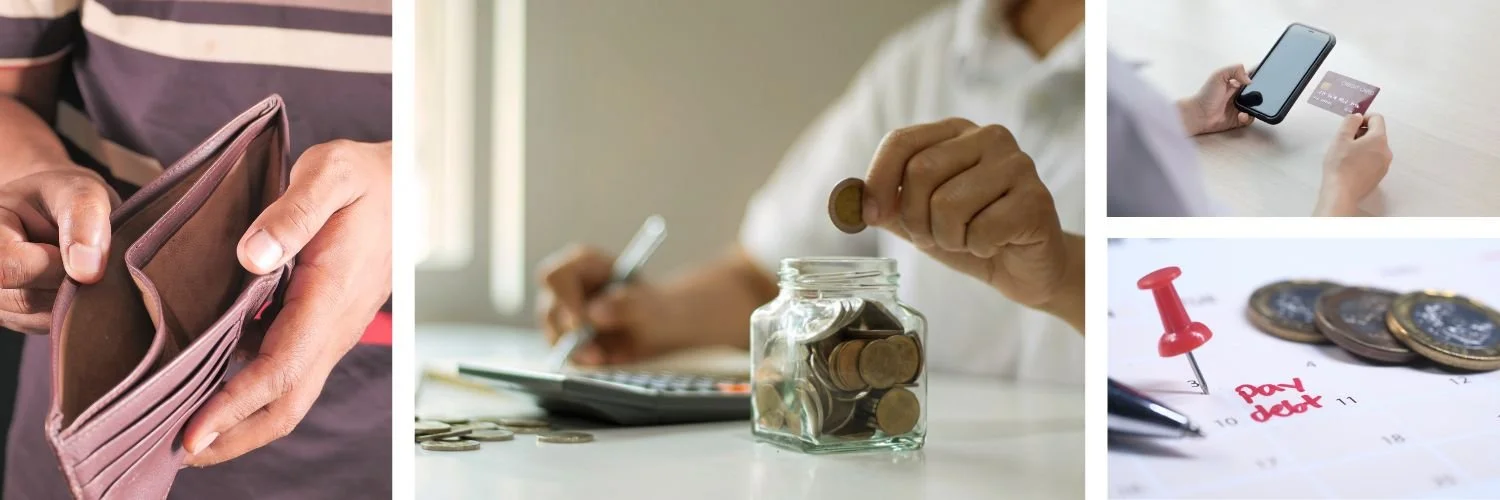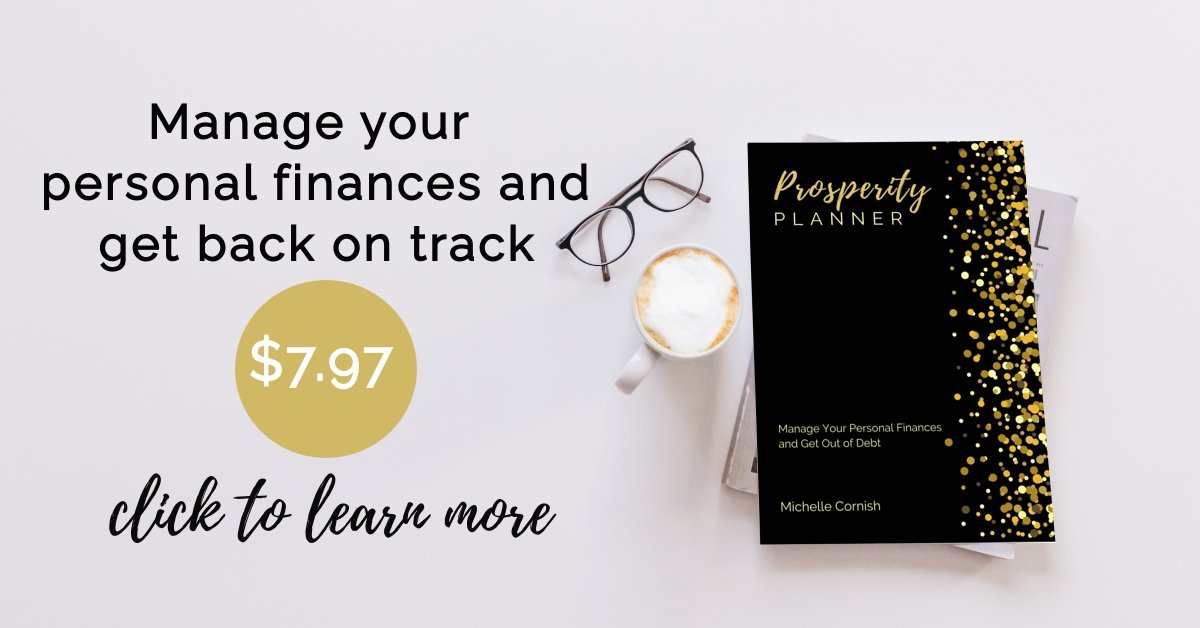Debt Payoff Priorities: How to Determine Which Debt to Pay Off First
/When you are trying to get out of debt, it can be difficult to know where to start. Should you pay off the smallest debts first, or focus on the larger ones? And what about interest rates - should you try to reduce your overall payments by targeting the highest-interest debts first? In this blog post, I'll discuss some of the factors you need to consider when prioritizing your debt payoff plan. I'll also provide a few tips for getting started!
Consider Your Financial Goals
Pay Off Debt Quickly
There is no one "right" way to pay off debt, and the approach that makes the most sense for you will depend on your unique financial situation. However, there are a few things you should keep in mind as you create your debt payoff plan. First, consider your overall financial goals. If your goal is simply to become debt-free as quickly as possible, you may want to focus on paying off your high-interest debts first. This will save you money in the long run, and can help you pay off your debt more quickly.
Improve Credit Score
If your goal is to improve your credit score, you may want to focus on paying off your smallest debts first. This will help you show creditors that you are making progress towards paying off your loans, demonstrating you are a responsible borrower. This can help you improve your credit score over time.
I find paying off debts with smaller balances makes me feel like I am accomplishing something even though these may not be the loans that have the higher interest rates.
Boost Financial Outlook
If you're looking to feel better about your personal finances then you might want to focus on getting rid of any debts that are causing you stress. This could be a debt with a large balance, or one with a high interest rate. Maybe there is one certain bank that is pestering you more than the others. Paying off these debts can help you feel more in control of your finances and improve your overall financial outlook.
Consider Your Loan Details AND Your Personality
Once you've considered your overall financial goals, it's time to look at your interest rates. Experts say, if you have multiple debts with different interest rates, you'll want to focus on paying off the debt with the highest interest rate first. This will save you money in the long run, and, as mentioned above, can help you pay off your debt more quickly.
If you have multiple debts with the same interest rate, you may want to focus on paying off the debt with the smallest balance first. This can help motivate you to keep going, and can help you pay off your debt more quickly. Here's where understanding your personality comes into play. I know that if I were to just focus on paying off the highest interest debt first, I would start to get a bit down. This is because less of these payments would impact the principal portion of the loan due to the high interest rates.
The best motivating factor for me is to pay off the debt with the lowest balance then put the money I was paying on that loan onto the next lowest balance loan as an additional payment.
Create Your Plan
Once you've considered your goals and your interest rates, it's time to create a plan. Start by listing all of your debts, along with the interest rate, balance, and minimum payment for each one. Then, prioritize your debts based on the criteria that makes the most sense for you. Finally, write down the payments you'll make in your planner or use a digital calendar and begin working towards paying off your debts!
If you're feeling overwhelmed, don't hesitate to reach out for help. Check out my debt story in my book Prosperity Planner. Here I cover what I went through, how I nearly claimed bankruptcy, and what I did to take control of my financial situation.
There are many other resources and methods available to assist you in getting out of debt. Even if it takes some time, you can get out of debt and achieve financial freedom!








When it comes to personal finance, one of the most important things you can do is keep track of your income and expenses. This will help you see where your money is going so you can make adjustments accordingly. The best way to do this is by using a budget planner.